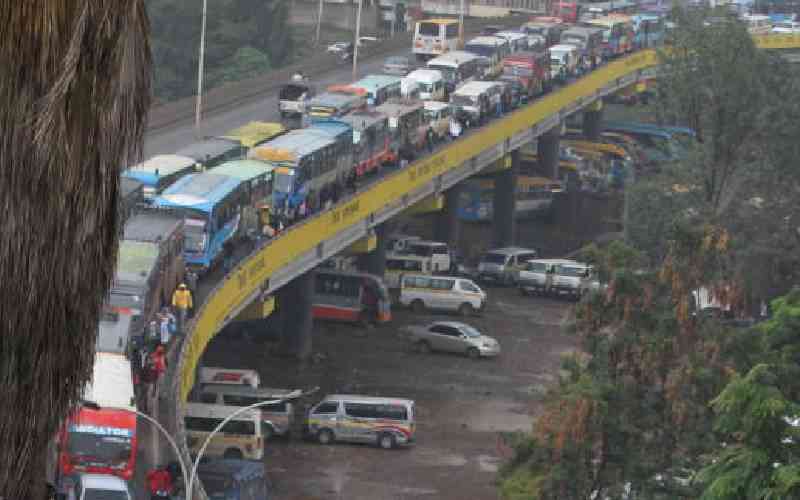×
The Standard e-Paper
Join Thousands Daily

Two years into the Covid-19 pandemic, many mass transit systems around the world find themselves underutilised and in financial trouble.
City streets are becoming more congested with private cars, bicycles, scooters, and double-parked delivery trucks laden with internet purchases, as people stick with the safety of individual transport and online shopping.